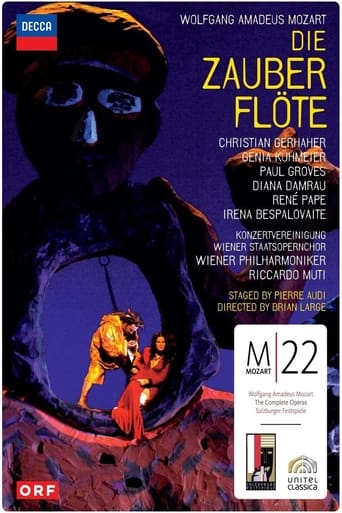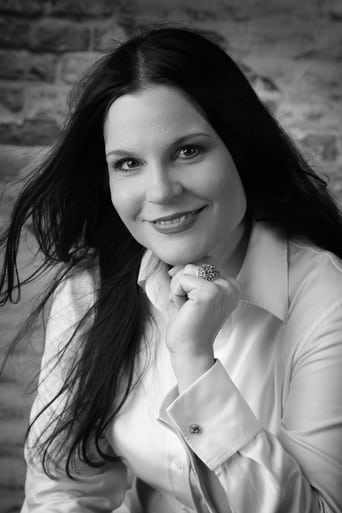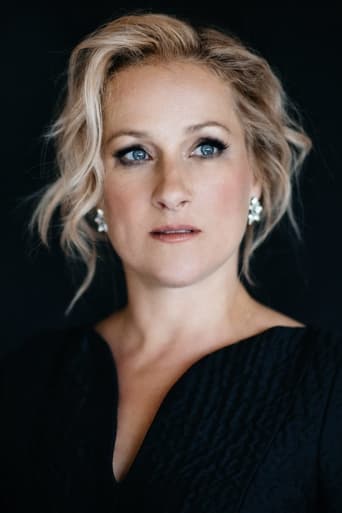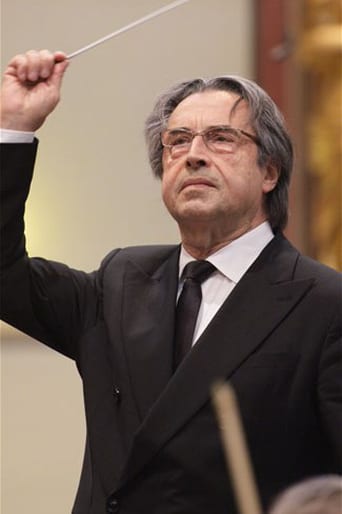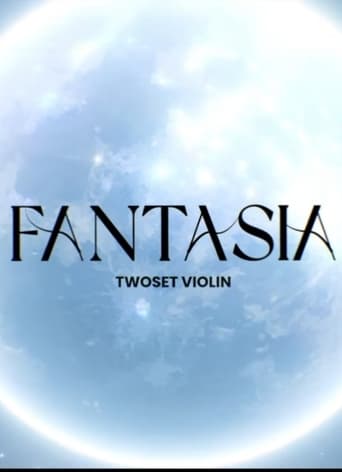The Queen of the Night enlists a handsome prince named Tamino to rescue her beautiful kidnapped daughter, Princess Pamina. Aided by the lovelorn bird hunter Papageno and a magical flute that holds the power to change the hearts of men, young Tamino embarks on a quest for true love, leading to the evil Sarastro's temple where Pamina is held captive. The Pierre Audi production of Mozart's Die Zauberflöte was recorded live at the 2006 Salzburger Festpiele.


Similar titles
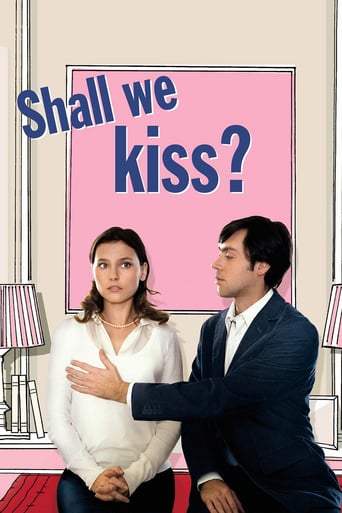
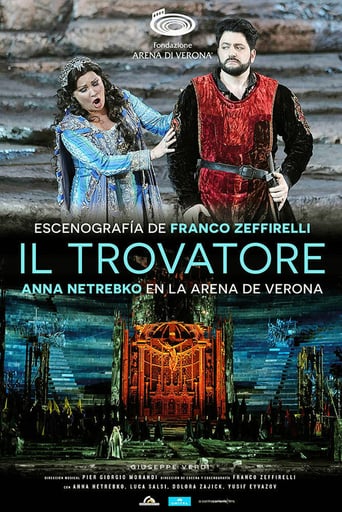
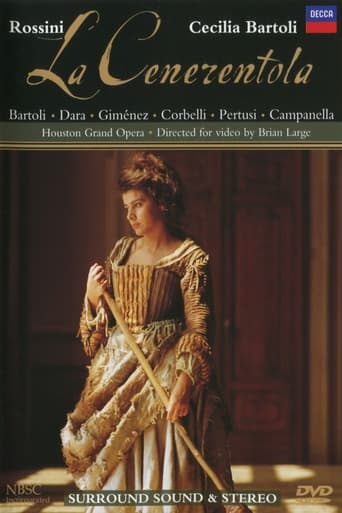

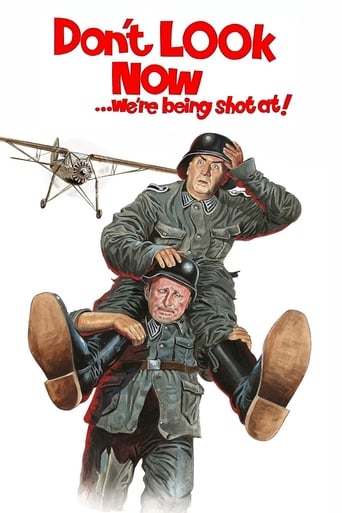
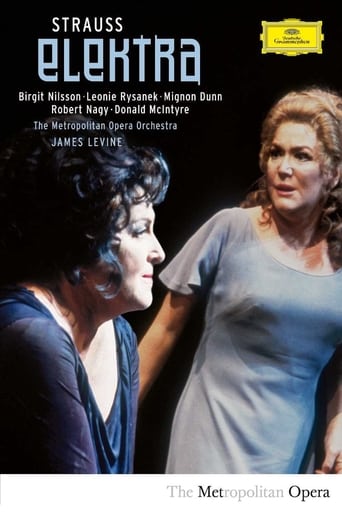
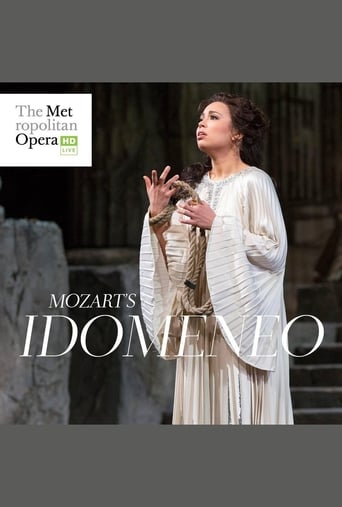
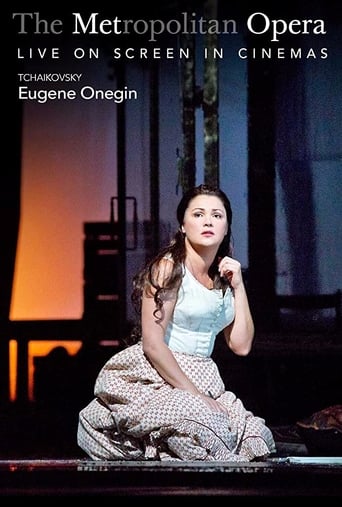
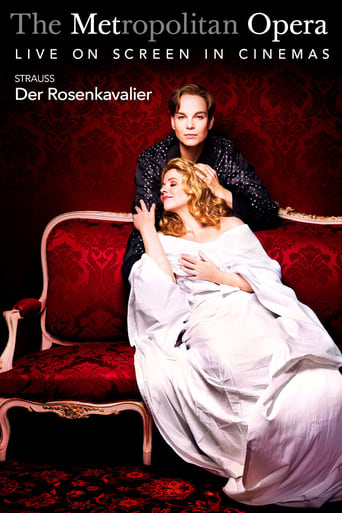
Reviews
I must have seen a half-dozen videos of the Magic Flute, some good and some bad, this one is among the best. If the singing is not quite up to the Paris Opera production of 2000, it is still very fine, with the leading Sarastro of our time in Rene Pape, and a mellifluous Tamino in Paul Groves. Christian Gerhaher's Papageno does look a bit shaggy (did he sleep under a bridge?) but he sings really well.Genia Kuhmeier connects with us as Pamina; Irina Bespalovaite is good in the throw-away part of Papagena. Diana Damrau's Queen of the Night is a great performance, O zittre nicht, mein lieber Sohn is delivered with great panache. The sets are well done; the blue tinged rocks look good on TV. The candy coloured cars and airplanes don't detract from my enjoyment.
Die Zauberflote is one of my favourite Mozart operas and one of my favourites overall. The story is not as believable as Le Nozze Di Figaro and Don Giovanni and the characterisation of Monostatos may not be for all tastes, but the music is just glorious with too many highlights to list. Of the productions I've seen, the best ones I've seen are the 1971 Gedda, Mathis and Sotin, 2003 Roschmann, Damrau and Keenlyside, 1982 Gruberova, Cotrubas and Talvela production and the 1975 Ingmar Bergman film. The 1991 Araiza, Battle, Hemm and Moll and 1983 Araiza, Popp, Gruberova and Moll performances are also worth seeing.This Zauberflote is not one of the better ones I've seen, but despite some moments where it did come across as overly-silly I did enjoy it. It does look colourful visually, the sets are suitably fanciful and the Queen of the Night's dresses are very creative. I didn't care for Papagaeno's dreadlocks though. There are some nice touches to the staging, I especially liked the idea of Sarastro's followers made up to look like mimes marching onto the darkly lit stage with glow sticks. Some touches however like Papagaeno arriving in a toy car, Papagaeno and Monostatos being hoisted up in sacks and the three boys making their entrance in a contraction that would look more at home in World War I were a little too silly for my tastes.Regardless of what it looks like on stage, the musical values are so good. The orchestral playing is sprightly in the quicker tempos of the Overture and in the Papagaeno-Papagaena duet and sensitive in Sarastro's two arias and the Isis Und Osiris chorale, overall playing with a rich and beautiful sound, and the chorus are animated in reacting to the action and sing with good balance. Riccardo Muti's conducting is enigmatic in his gestures yet more relaxed than the fiery side I've seen a lot, adopting well-judged tempos and elegant phrasing. A definite honourable mention are Papagaeno's bells, which here are the very definition of enchanting, like they should be.Of the singing, a standout was Diana Damrau as an electrifying Queen of the Night. She does have the right agility and vocal command for the role(and she hits the high Fs of Der Halle Rache just as well as Luciana Serra for the Met), but what is also amazing is that she doesn't just stand there and sing, but is genuinely fearsome and imposing too. Paul Groves is one of the better Taminos I've seen, Nicolai Gedda is the best I've seen on DVD//VHS and Fritz Wunderlich is the definitive Tamino on record, but Groves is dashing and not too stiff, sings with a honeyed and mostly un-strained tone and embraces more nuances than Francisco Araiza does in the role.Genia Kuhmeier is a suitably affecting Pamina, with a really poignant-sounding Ach Ich Fuhl(her beautiful voice and elegant phrasing really help in that regard. Once you get past the dreadlocks, Christian Gerhaher is excellent as Papagaeno, he does have a natural comic flair and charm and his voice is nice and robust, from his Bird aria to the duet with him and Pamina he uses it with intelligence too. Rene Pape's basso notes may lack the resonance of Sotin, Talvela and especially Moll, but his Sarastro is firm and dignified and his voice is still the warm and beautiful voice that makes him one of the better singers working today.Burkhard Ulrich for my liking overplays Monostatos, and I don't think the stage direction helps in his favour, after seeing directors like Jean Pierre Ponnelle and Julie Taymor actually finding solutions in how to portray this role without offending. Franz Grundheber is a commanding but rather vocally woolly Speaker. The Three Ladies are just as chilling as the Queen of the Night, and the Three Boys are adorable. Technically, it is well done with the picture and sound clear and the video directing interesting. Overall, a good production even if one where the musical side is better than the visual side. 7/10 Bethany Cox
